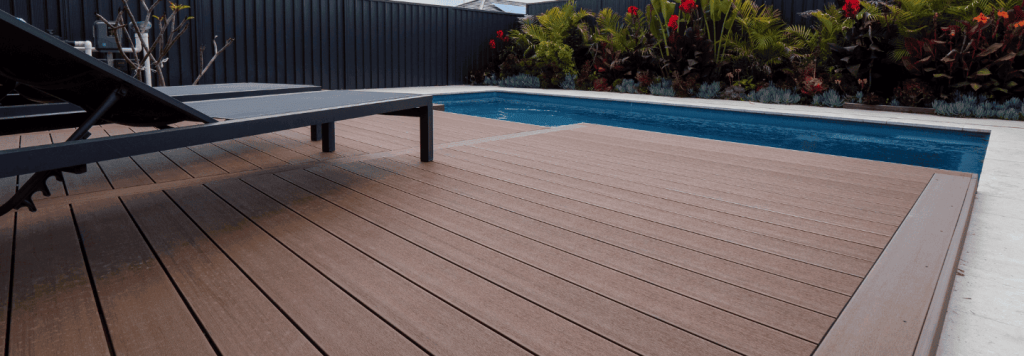In our pursuit of a more sustainable future, every aspect of our lives, including the materials we use in construction and home improvement, must align with eco-friendly principles. One such innovation making waves in the construction industry is composite decking. This alternative to traditional wood decking not only enhances the aesthetics of outdoor spaces but also champion’s environmental sustainability. In this article, we explore why composite decking is a green choice for a sustainable future. Composite decking is an engineered wood alternative made from a blend of recycled materials, primarily wood fibers and plastic. This ingenious combination not only reduces the demand for virgin timber but also diverts plastic waste from landfills and oceans. By utilizing recycled materials, composite decking mitigates the depletion of natural resources and curbs the harmful effects of deforestation. One of the most apparent eco-friendly advantages of composite decking is its longevity. Unlike traditional wood decking, composite boards are highly resistant to weathering, rot, and insect damage. They do not require regular staining or sealing, reducing the need for toxic chemicals and maintenance that can harm the environment.

A composite deck can last for decades, reducing the frequency of replacements and minimizing waste. The production process of composite decking is also designed with sustainability in mind. Manufacturers strive to reduce their carbon footprint by using efficient manufacturing techniques and incorporating recycled materials into their products. Additionally, many composite decking brands adhere to strict environmental certifications, ensuring that their products meet stringent sustainability criteria. Composite decking is an eco-conscious choice not only during its production but also throughout its lifecycle. It requires minimal maintenance, eliminating the need for toxic chemicals and reducing water consumption. Moreover, composite decks are resistant to splintering, ensuring safety for both users and the environment. The reduced need for repairs and replacements translates into fewer materials being discarded, further contributing to sustainability. Furthermore, composite decking promotes sustainable forestry practices. By reducing the demand for natural wood, it alleviates pressure on forests and encourages responsible harvesting. This, in turn, safeguards biodiversity, preserves natural habitats, and helps combat climate change by maintaining healthy, carbon-absorbing forests.
Beyond its environmental benefits, composite decking offers a range of practical advantages. It is highly durable, resistant to fading, and available in a variety of colors and styles. Composite boards are also splinter-free and slip-resistant, ensuring safety for families and pets. These qualities make it an attractive and sustainable choice for homeowners and businesses alike. In conclusion, composite decking represents a promising step towards a greener and more sustainable future. By utilizing recycled materials, reducing the need for maintenance, and promoting responsible forestry practices, it aligns with eco-conscious values. Choosing composite decking not only enhances the aesthetics of outdoor spaces but also contributes to the preservation of our planet. As we continue to seek sustainable solutions in all aspects of our lives, composite decking stands out as a shining example of a green choice for a brighter tomorrow.